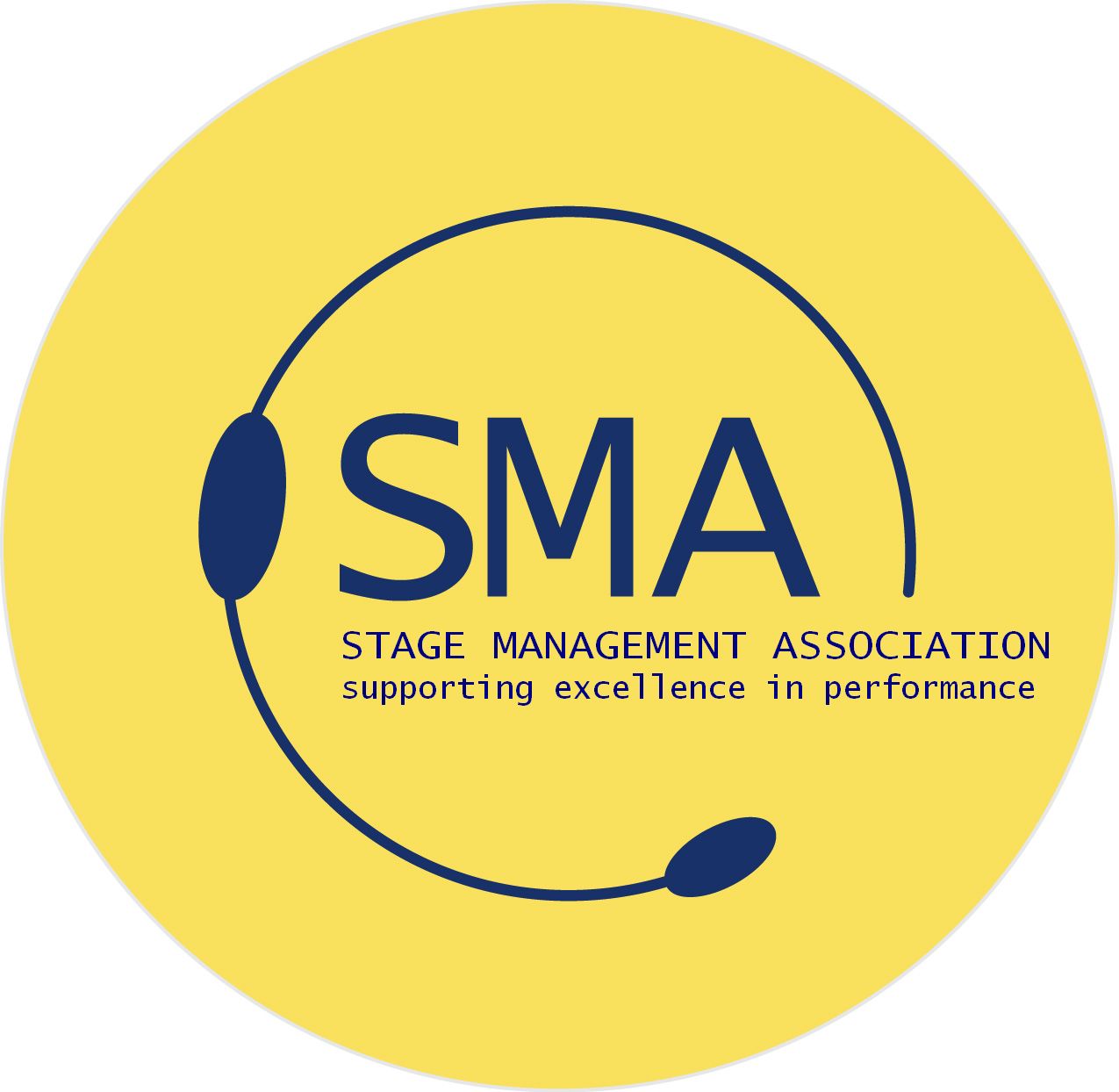
NEW! Immersive Theatre Guidance: Introduction
Read the full Guidance Notes Here
These notes aim to support stage managers working or intending to work in the rapidly expanding and evolving field of Immersive Theatre.
Immersive Theatre covers a range of events, typically where the audience occupies the same physical space as performers and staff, mostly working to a fixed script. But there are events with no fixed script, no or few live performers (examples being escape room experiences or where a ‘game’ is supported by one or more ‘animateurs’). Related theatre forms may also feature a good deal of audience participation. Venues can be a basement, an in-the-round theatre, a couple of floors of offices, a modified regular theatre, a warehouse, a purpose-built venue, in fact just about anywhere. The occupation of a common space by cast and audience is the defining element.
For clarity proprietors, promoters and employers are referred to as producers. Some producers are very capable. Some are not. Some start in the festival or fringe sector. Some come into the sector with no producing experience at all. The less established businesses tend to be simply resourced. When their shows become more complex a need for professional organisation becomes clear and they engage a stage manager. Bigger, fully experienced producers operate in much the same way as traditional theatre producers. However there are exceptions at all scales.
ln regular theatre there is a common understanding of what stage managers do. Newly minted immersive theatre producers rarely have that knowledge and some see no reason to seek it. Even experienced producers may choose to extend the boundaries of the SM role to reduce payroll cost.
Life itself is full of risk. Working until late at night increases that. Horrors of all kinds are reported in the media every day. Going to work in a theatre should be fun, not scary. ln standard venues SMs are protected from risk by good custom and practice, powerful legislation and, more often that, the separation of stage from auditorium. Some or all of those protections can be absent in Immersive Theatre.
These Guidance Notes are matters you should consider. It’s not a checklist to batter a potential employer with at the first interview. But it is wise to look into these things before you sign the contract.
In a ‘regular’ theatre job you can usually assume that these matters are in good order. But you might just check, anyway.
